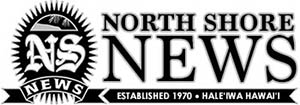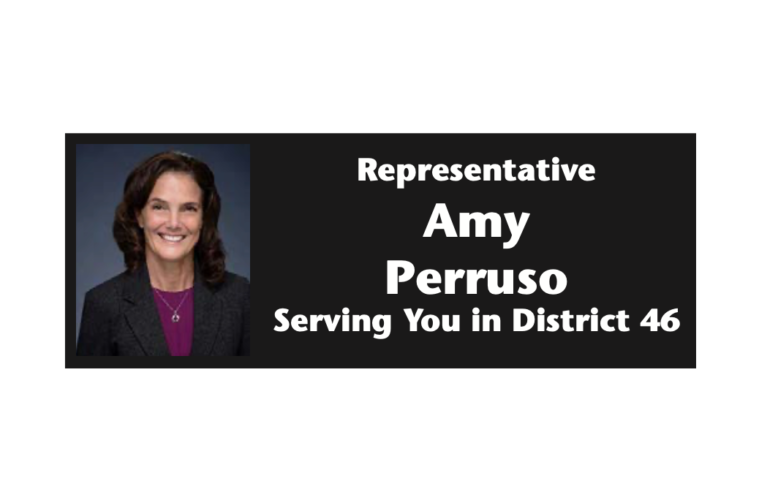Revitalizing Hawaii: A Concrete Roadmap for the 2024 Legislative Session
Hawaii stands at a critical juncture, and this 2024 legislative session offers a unique opportunity for substantive change. Community collaboration, thorough research, and a commitment to building lasting connections can provide tangible solutions to our most pressing problems.
Insights from Lahaina: A Call for Proactive Disaster Preparedness
The recently published report from the Lahaina Wildfire Interim Working Group (https://www. capitol.hawaii.gov/CommitteeFiles/Special/ENRWG/Documents/ 2023_FinalReport-Lahaina-Wildfire-InterimWorking- Group.pdf) starkly underscores the urgency of disaster preparedness. This report is not just a call to action; it’s a blueprint for proactive measures to guarantee community safety and well-being in the face of escalating climate-related challenges.
On the grassroots front, the Hawaii Hazard Awareness and Resilience Program (HHARP) in Wahiawā – Whitmore Village provides a tangible example of community-driven disaster preparedness (https://tinyurl.com/WWVHHARP). This two-year initiative assessed hazards, identified vulnerabilities, and recognized community capacities, resulting in a detailed plan outlining specific activities for preparation and response. In the most recent action step, community leaders have Identified approximately 30 “neighborhood coordinators” and equipped them with walkie-talkies for effective communication during disasters. The integration of ham radio operators ensures an unbroken information flow in the event of compromised conventional communication infrastructure.
Transforming Hawaii’s Food System and Funding Social Transformation
The community and scholarly work on the Transforming Hawaii Food System initiative (https:// transforminghawaiifoodsystem.org/) helps us better understand the critical challenges facing Hawaii’s food security and sustainability. We need to craft policies that foster a resilient and self- ufficient food ecosystem. However, fundamental change in food and public education system (discussed last month) requires investment. “Fund Our Future Hawaii” by the Hawaii Budget & Policy Center (https://www.hibudget. org/publications/fund-our-future-hawaii) serves as a practical guide for wise and forward-looking financial stewardship. We need to start having serious conversations about revenue generation – taxing the uber wealthy in very targeted and specific ways, and strategically allocating resources, ensuring investments in education, social services, and sustainable development, will lay the groundwork for a more equitable and prosperous future. Both of these efforts have generated bill packages on food systems and tax fairness that go hand in hand, and we are hearing many of those bills already in this 2024 session.
A Call for Clean Elections and Good Government
Hawaii’s political landscape has long been marred by the influence of money, resulting in policies that serve the interests of the wealthy few rather than the needs of constituents. SB2381, championed by the HAPA/Clean Election Coalition, seeks to break this cycle by liberating candidates from the need to fundraise from special interests and affluent donors.
This bill, inspired by successful models in Connecticut, Maine, and Hawaii County Council, aims to establish a full publicly financed elections system. By freeing candidates from the grip of private money, SB2381 can pave the way for a more ethical and representative government.
A Path Forward: From Hope to Reality
The 2024 Hawaii legislative session holds the promise of transformative change. By weaving together community-based knowledge, community initiatives, and data-driven insights, legislators can enact policies that align with the aspirations of Hawaii’s people. But we need community members to weigh in. We can do so much better, and we must. reperruso@capitol.hawaii.gov



